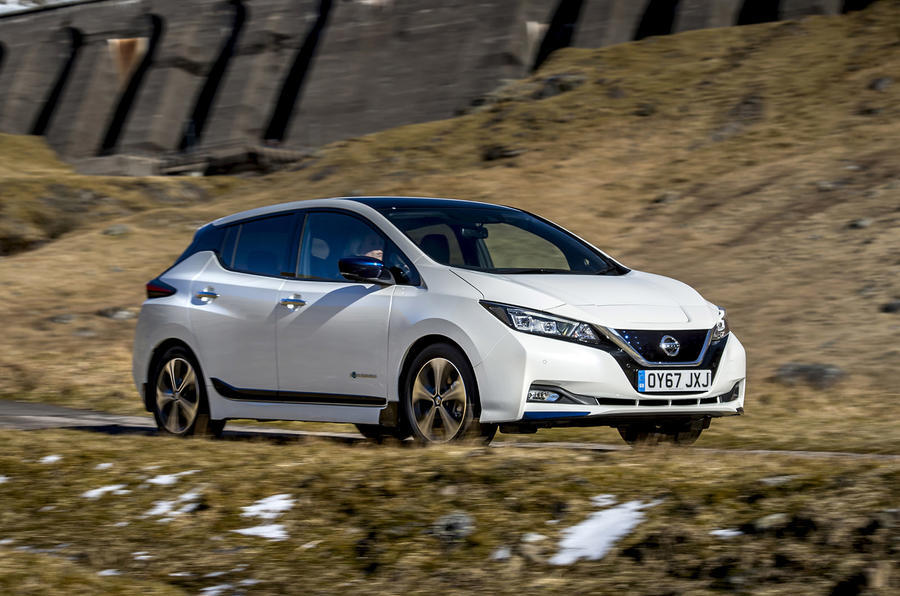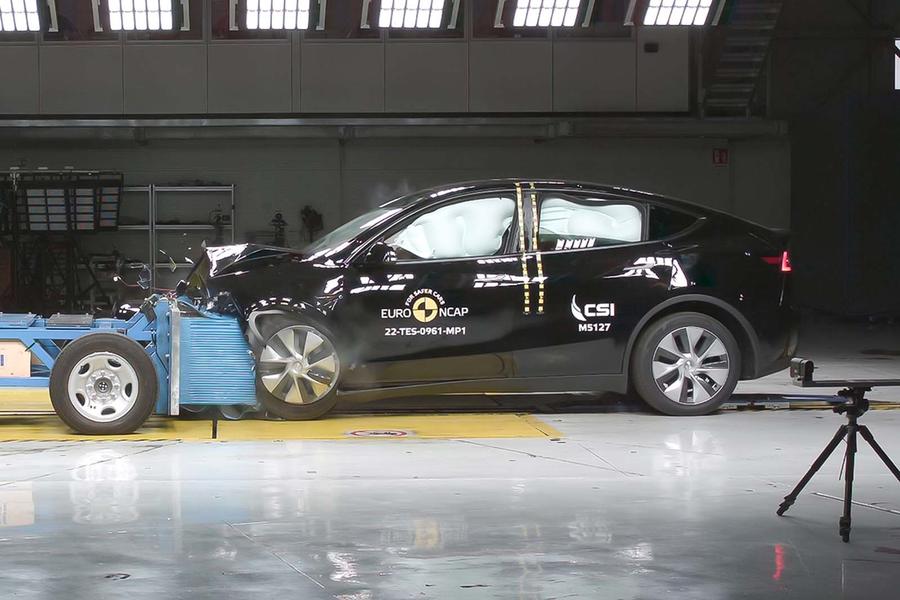Ballooning premiums and no clear answer – we detail exactly what’s wrong and why it’s happening
Just as the commercial fortunes of EVs has started to improve, a dark cloud has emerged in the shape of increasing electric car insurance costs.
The cost of insurance for all car types has increased over the past 12 months, due to factors including used car and spare parts price inflation, labour shortages, extended vehicle loan times, the rising numbers of personal injury claims and insurers’ falling investment returns.
What’s more, premiums for petrol and diesel cars have only risen by 29% within the same period, so what exactly is going on?
How much have car insurance premiums risen by?
According to comparison provider Confused.com, the average premium across all car types has increased by 58% in the past 12 months, from £586 to a record £924. However, this masks higher premium increases for EVs, which in the same period shot up 72%, compared with 29% for petrol and diesel cars.
In a report published earlier this year, Thatcham Research, a specialist in automotive risk intelligence funded by insurers, highlighted the challenges that insurers face in covering EVs and the factors influencing the vehicles’ higher premiums.

They include higher incident claims costs than for ICE cars, longer repair times and the expensive requirement for the safe storage of damaged EVs. Figures from the Association of British Insurers show that claims for EVs are 25.5% more expensive than for their petrol- and diesel-engined equivalents and that their repair times are 14% longer.
What happens when you need to claim for an accident or repair?
Thatcham’s report also raised the consequences of collisions for the viability of an EV, noting that “there is a concerning lack of affordable or available battery-repair and post-accident diagnostic solutions, leading to EVs being written off prematurely and causing claims costs to rise disproportionately”.
On this point, a major problem for insurers is the high cost of a replacement battery relative to the declining value of the EV to which it would be fitted. They range from £14,200 to £29,500, which Thatcham noted was more than the market value of the average EV after only one year.
What do the experts say?
This is turning the insurance model on its head, according to Thatcham engineering manager Mark Fry.
“Where in the past the balance of risk has been on the driver, as this new EV technology comes in, we’re starting to see the risk shift towards the car,” he said.
“To address it, we’re working with car makers to ensure they’re designing their EVs with ease of repairability in mind and that they have repair methods and good parts availability in place so that the vehicles can be sustainably repaired and returned to the road quickly.”
Tim Kelly, founder of Motor Claim Guru, agreed that high repair and parts replacement costs are a contributor to EVs’ higher insurance costs but argued that ultimately most of the blame should go on the high prices of the EVs themselves.
“The highest risk to an insurer is the market value of a car, while only around 6% of an insurance premium is the cost of repairing it,” he said.
“As the transition to electric gathers pace and the volume of third-party claims involving EVs increases, so will insurers’ exposure to this risk.”

How are insurers reacting to the market value of electric cars?
For some insurers, rather than increasing their premiums to protect themselves, they have simply abandoned the market.
Among them is John Lewis, which says its underwriter is analysing the risks and costs associated with EVs. And earlier this year, Aviva temporarily ceased issuing new policies for the Tesla Model Y, which is currently the best-selling EV in the UK.
In recent weeks, the national press has run horror stories on the high cost of EV insurance, with some drivers claiming they had been quoted premiums as high as £4500 and others that their renewals had doubled or even tripled. However, study the reports closely and often these drivers admit to accident claims and speeding penalties and that by shopping around they found far cheaper cover, albeit still more expensive than they had paid the year before.
Will the premium increases continue?
Despite insurers’ fears about the increasing numbers of EVs on our roads, Kelly predicts this will actually help drive down the cost of insuring such cars.
“As more second-hand EVs enter the market at lower prices, so their insurance premiums will fall,” he said. Fry claimed that increased EV numbers will also give repairers the confidence to invest in EV repairs.
“As we see more EVs in the market, so I expect to see more repairers invest in the equipment and skilled staff required to repair them,” he said, “meaning the present challenges will start to be ironed out.
What happened when we dug deeper

Keen to establish a clearer image of EV insurance costs, we sought quotes on four used EVs for a 63-year-old living in Surrey, with eight years’ no-claims bonus and a clean licence.
About 50 insurers gave comprehensive quotes via comparison provider Go Compare, ranging from £454 on a Smart EQ Forfour to £4887 on a Tesla Model Y. Within this range, each EV attracted a wide span of quotes, as can be seen on the right.
While not ignoring the fact that EV insurance is more expensive than cover for an equivalent petrol or diesel car (recently, using Go Compare and the same proposer profile, a 2019 Volkswagen Golf 1.5 TSI DSG Match Edition cost £350 including extras to insure), the exercise did at least demonstrate the value of shopping around. It also revealed that insurers claiming to be EV-friendly can be among the priciest, while the insurer most often among the cheapest was Admiral.
Commenting on the figures, a spokesman for Go Compare said: “It may seem simple, but shopping around at renewal is one of the best ways to save on car insurance. It doesn’t have to be complicated: it’s possible to compare over 100 quotes by using a comparison website.
“Our data shows the best time to renew car insurance is 27 days before the renewal is due, while the most expensive is the day before. On average, the longer a driver leaves it to renew their car insurance policy, the more they will pay.”
Source: Autocar
